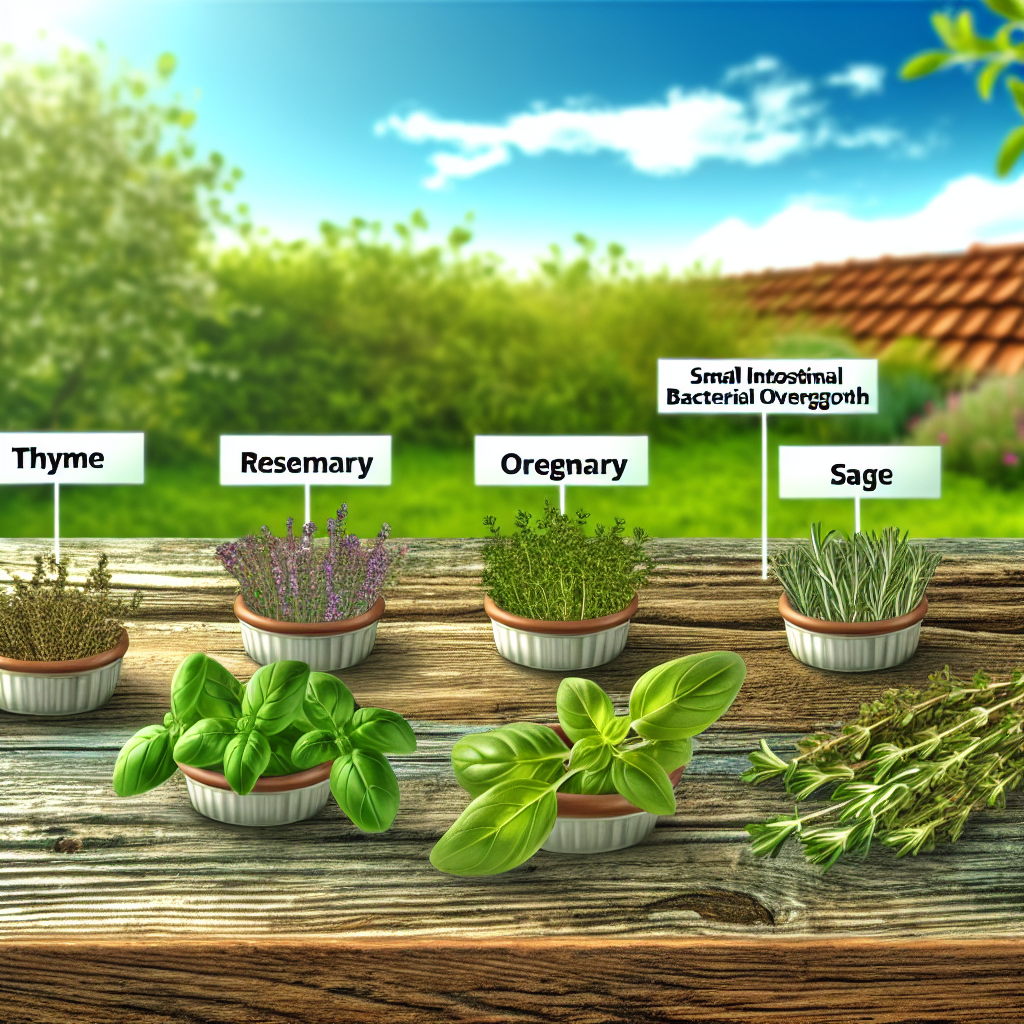How Hydration Timing Affects Digestive Efficiency and Transit Time
Unlocking the Power of Timing: Why Hydration Matters for Digestive Health
In today’s fast-paced world, many individuals are seeking natural ways to support optimal gut health—without relying heavily on medications or synthetic treatments. Among the many lifestyle factors that influence digestive well-being, hydration is one of the most overlooked.
Not only does the amount of water consumed impact digestion, but emerging research also shows that the timing of hydration plays a critical role in digestive efficiency and gastrointestinal transit time.
Digestive efficiency refers to how effectively the gastrointestinal system breaks down and absorbs nutrients. Transit time, on the other hand, is the duration it takes for food to move through the digestive tract from intake to elimination. These processes are vitally important for overall gut health, immunity, and even cognitive function, particularly in light of the growing awareness of the gut-brain axis.
Water acts as a crucial medium for nearly all bodily processes, but in digestion, it performs specialized functions. Hydration affects saliva production, enzymatic activity, gastric motility, and the consistency of stool—all critical components for efficient digestion. Dehydration—even at low levels—can delay gastric emptying and slow intestinal motility, leading to bloating, gas, and constipation.
Conversely, drinking water at optimal times can encourage smoother digestion, improve nutrient absorption, and regulate bowel movements. But when exactly is the best time to hydrate?
This post dives into the fascinating science behind hydration timing and how a few simple adjustments can lead to better digestion—and better health.
What the Research Says: The Science Behind Hydration and Digestion
Growing interest in gut health has led to an increasing number of studies exploring how hydration timing can affect digestive outcomes. Studies have found that both gastric emptying and intestinal transit are markedly influenced by the quantity and timing of water consumption in relation to meals.
For instance, the journal *Appetite* published a pivotal study suggesting that drinking water prior to meals can enhance satiety and digestive efficiency. Researchers found that pre-meal hydration stimulated digestive enzyme activity and gastric movement, which helped the stomach process food more effectively and reduced symptoms like post-meal bloating [(Dennis EA et al., 2010)](https://doi.org/10.1038/oby.2009.235).
Meanwhile, a 2015 study in *The Journal of Physiology and Pharmacology* examined water consumption during meals and found that drinking large volumes could temporarily dilute stomach acid. This dilution may impair the breakdown of proteins, since hydrochloric acid is important for activating the enzyme pepsin [(Szmujder-Chodnicka M, et al., 2015)](https://pubmed.ncbi.nlm.nih.gov/26547915/). However, small sips of water while eating help lubricate food and support peristalsis—the rhythmic muscle contractions that propel content through the digestive tract.
A 2013 review in *Nutrition Reviews* also highlighted post-meal hydration as beneficial to gut function. Drinking water approximately 30–45 minutes after a meal supports osmotic balance in the intestines and helps regulate bowel movements—especially important for people dealing with slow transit or constipation [(Armstrong, L. E., 2013)](https://doi.org/10.1111/nure.12004).
East Meets West: Ayurvedic and Functional Medicine Perspectives
Traditional systems of medicine provide additional insights when it comes to hydration and digestion. In Ayurveda, the ancient science of natural healing from India, hydration timing plays a central role. Ayurvedic practitioners emphasize sipping warm water throughout the day rather than consuming large quantities at once.
According to Ayurvedic philosophy, excessive water intake during meals can extinguish the digestive fire—or “Agni”—reducing the body’s ability to break down food efficiently. Instead, sipping small amounts of warm or room-temperature water between meals helps maintain digestive flow and balance.
Modern integrative practitioners often echo similar advice. Many recommend the “15–15 Rule”: drink water about 15 minutes before meals to prep the digestive system, and then wait at least 15 minutes after eating to consume larger volumes. This technique helps avoid dilution of digestive enzymes while still ensuring adequate hydration for gut motility and stool formation.
Strategic Hydration Tips to Improve Your Digestive Health
If you’re ready to harness the power of hydration for a healthier gut, here are a few actionable tips based on both scientific research and traditional wisdom:
– ✅ Drink a glass of water 15–30 minutes before meals to stimulate enzyme production and support gastric motility.
– ✅ Sip small amounts of water during meals if necessary, especially if eating dry foods, but avoid drinking large quantities that may interfere with stomach acid.
– ✅ Hydrate 30–45 minutes after meals to support intestinal transit and overall hydration balance.
– ✅ Throughout the day, aim for consistent hydration by sipping water regularly rather than “gulping” large amounts at infrequent intervals.
– ✅ Consider warm water or herbal teas between meals to further support digestion, especially in cooler months or in line with Ayurvedic practices.
As always, listen to your body. Individuals with gastrointestinal conditions like IBS, SIBO, or GERD should consult a healthcare provider for personalized hydration and meal planning strategies.
Conclusion: A Simple Habit That Makes a Big Difference
Proper hydration is foundational to healthy digestion, but as research and traditional medicine practices suggest, timing plays a pivotal role. Drinking water 15–30 minutes before a meal can prime the digestive system by enhancing enzyme function and gastric motility, while moderate hydration after meals can support smoother intestinal transit.
While individual variations exist, balancing hydration without overwhelming the digestive process with excessive fluids during meals is key. In this way, mindful and strategic hydration habits become a powerful, drug-free tool for nurturing your gut health and overall wellness.
References
[Dennis EA, Dengo AL, Comber DL, et al. Water consumption increases weight loss during a hypocaloric diet intervention in middle-aged and older adults. *Obesity (Silver Spring)*. 2010;18(2):300–307.](https://doi.org/10.1038/oby.2009.235)
[Szmujder-Chodnicka M, et al. The influence of food and water intake on gastric acid secretion. *J Physiol Pharmacol.* 2015;66(5):639-645.](https://pubmed.ncbi.nlm.nih.gov/26547915/)
[Armstrong, L. E. (2013). Challenges of linking chronic dehydration and fluid consumption to health outcomes. *Nutrition Reviews*, 71(3), 121–128.](https://doi.org/10.1111/nure.12004)
[Ayurveda and Digestion. National Ayurvedic Medical Association.](https://www.ayurvedanama.org/digestion)
> ⚠️ Note: Always consult with a healthcare professional before significantly changing your hydration habits, especially if you have underlying health conditions.
Concise Summary:
This article explores the impact of hydration timing on digestive efficiency and transit time. It discusses the scientific research, traditional Ayurvedic perspectives, and practical tips for incorporating strategic hydration habits to support optimal gut health. The key takeaway is that when you drink water in relation to meals can significantly influence digestion, nutrient absorption, and bowel function.

Dominic E. is a passionate filmmaker navigating the exciting intersection of art and science. By day, he delves into the complexities of the human body as a full-time medical writer, meticulously translating intricate medical concepts into accessible and engaging narratives. By night, he explores the boundless realm of cinematic storytelling, crafting narratives that evoke emotion and challenge perspectives.
Film Student and Full-time Medical Writer for ContentVendor.com




